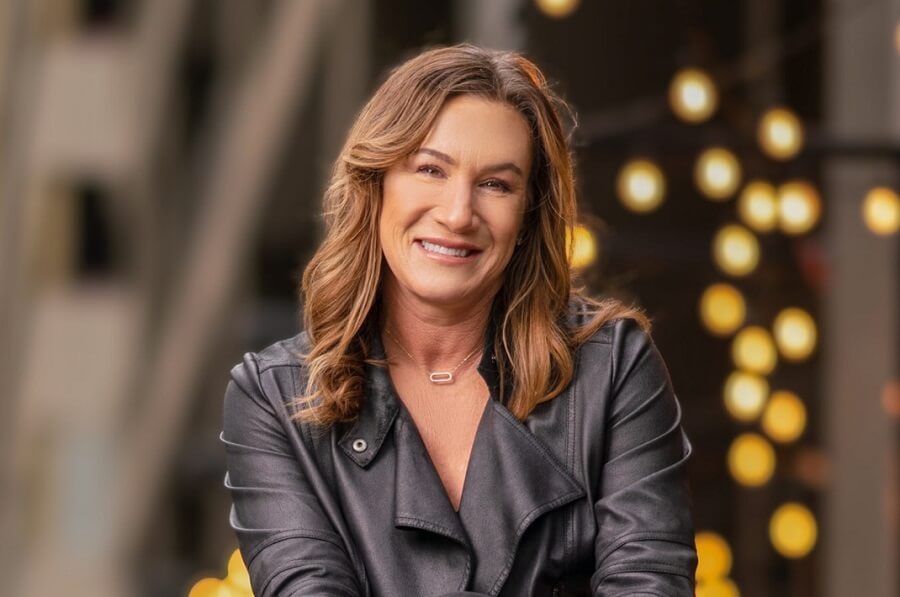The agency CEO navigates bereavement by redefining professional priorities
[Sensitive content: This article mentions suicide. If you’re struggling with mental illness or having suicidal thoughts, please call the National Suicide Prevention Lifeline: 1-800-273-8255.]
As one of the first working moms at her agency, Trina Roffino was often asked by other employees how she practiced work-life balance. Since earlier on in her 23 years at The Marketing Arm, instead of helping coworkers systematically map out their schedules to predict every obligation, she preached replacing a vague metaphor with a set of pointed choices.
“At the end of the day, everything gets mixed up and hectic,” said the CEO of creative agency The Marketing Arm, who stressed you can’t foresee when your child will need you or when grief will stifle your productivity. “It’s about setting an intention for the day and saying, ‘Today, this is my priority. And my choices will be around working through this priority.
Roffino has always rejected the notion that life unfolds in neatly-packaged pieces. But after losing her husband unexpectedly in 2018, mobilizing that mantra became even more pressing. She continues to work through the complicated grief that comes with losing a loved one to suicide, and when learning to find purpose in work again, she focused on leading with a transparency that ties emotional honesty to strength. While encouraging the agency to constantly reconsider its priorities to optimize motivation, Roffino offers her staff a flexibility that doesn’t come with a set of conditions and prerequisites.
Finding comfort in creativity
When Roffino went back to work, she reminded herself of the individual value she could bring to big projects, and it was the fast-paced environments that offered her the most peace. Her first big project was a commercial shoot with Bruce Willis, and the challenge of offering creative value to a pressing task—opposed to fixating on details like catering—grounded Roffino in the present.
If one person can raise their hand and ask for help because their boss was open, we’ve made progress.
—Trina Roffino, CEO, The Marketing Arm
In a high-stress industry, she said handling a current and meaningful task is a source of freedom. During quarterly reviews, Roffino now asks her employees, ‘What are the things that actually matter?’
This refined mindset explains why Roffino found solace in working on a big set, as there was no time to think about much other than the creative. And while she emphasized there is no “good” that ever comes from personal tragedy, she recognizes the importance of prioritizing creative work over operational challenges. As the industry speeds up production to churn out content that is faster and cheaper, she said, the fulfillment that accompanies an extensive creative process becomes an afterthought.
“That perspective of knowing what to let go of was really helpful, and I was really hopeful to share it with my team,” said Roffino. “I wish everyone could gain that without having to (experience) the pain.”











